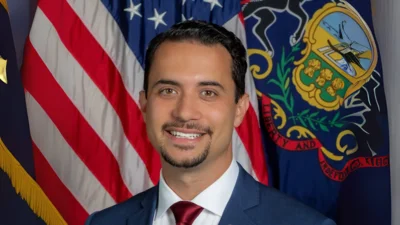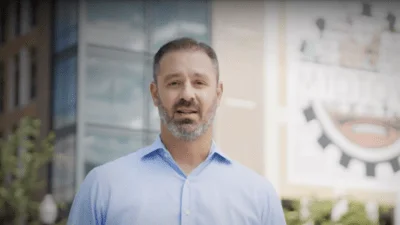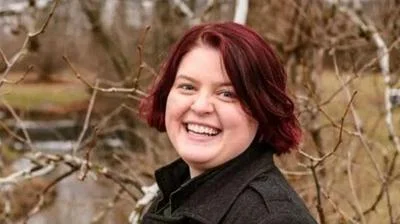The pledge was signed by no teachers on Nov. 22, the day before. It now has seven pledges from Lawrence teachers.
They’re one of the thousands of US teachers pledging to continue educating students about the controversial Critical Race Theory, which explains racism is embedded in US culture and politics.
Comments from Lawrence teachers included, "“From police violence, to the prison system, to the wealth gap, to maternal mortality rates, to housing, to education and beyond, the major institutions and systems of our country are deeply infected with anti-Blackness and its intersection with other forms of oppression. To not acknowledge this and help students understand the roots of U.S. racism is to deceive them — not educate them.”" and "Our students and staff deserve the opportunity and support to reckon with the true history of this country. True change cannot happen if we are unable to critically think about how this country’s history informs our biases, and more importantly, how it limits our access to equitable opportunities".
Though the concept was first suggested in the late 70’s, it has recently exploded as a contentious issue between the American right and left in the last two years.
Many who signed the pledge are defying state bans on the teachings. Arizona, Idaho, Iowa, New Hampshire, Oklahoma, South Carolina, Tennessee and Texas have passed legislation banning discussions about the US being inherently racist.
Other states, such as Montana and South Dakota, have denounced the teachings without passing specific legislation.
In an interview with The Washington Free Beacon', Ashley Varner of the Freedom Foundation accused the Zinn Education Project of providing “left-leaning propaganda to teachers.”
| Teachers | Thoughts on Critical Race Theory |
|---|---|
| Barbara Huff Williams | Our republic will fail if we continue to perpetuate the idea that the history of the United States does not contain great injustices authorized by the founding fathers and beyond. Students need to be aware of the full historical record so that they will have the background knowledge to be thoughtful and responsible citizens. |
| Diane Welchhans | “From police violence, to the prison system, to the wealth gap, to maternal mortality rates, to housing, to education and beyond, the major institutions and systems of our country are deeply infected with anti-Blackness and its intersection with other forms of oppression. To not acknowledge this and help students understand the roots of U.S. racism is to deceive them — not educate them.” |
| Hannah Hurst | No comment |
| Jamie Jones | No comment |
| Jessi Dimmock | No comment |
| Kelli Jenkins | No comment |
| Mery Lizardo | Our students and staff deserve the opportunity and support to reckon with the true history of this country. True change cannot happen if we are unable to critically think about how this country’s history informs our biases, and more importantly, how it limits our access to equitable opportunities. |






 Alerts Sign-up
Alerts Sign-up